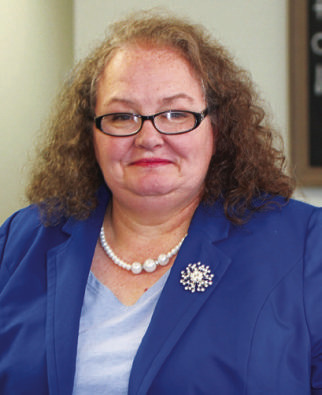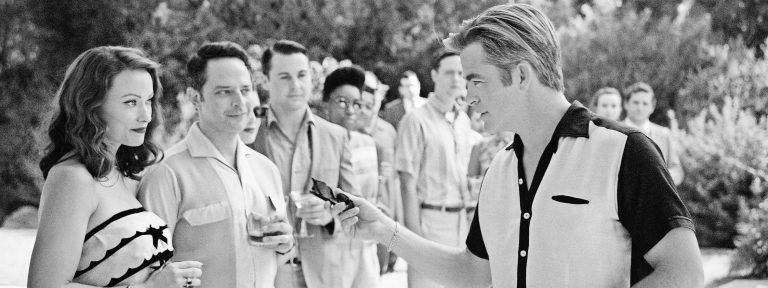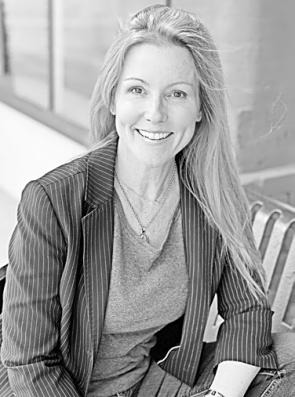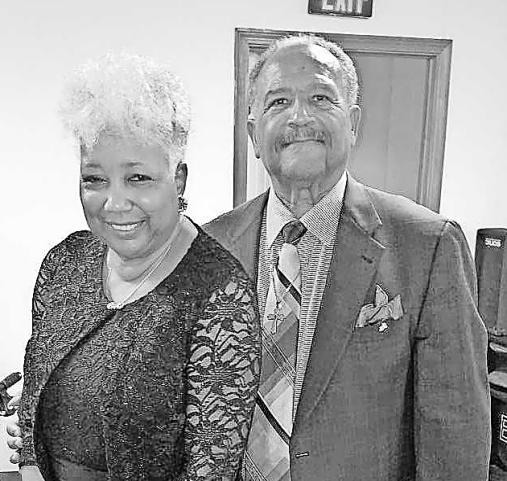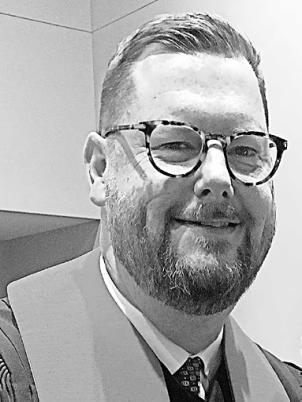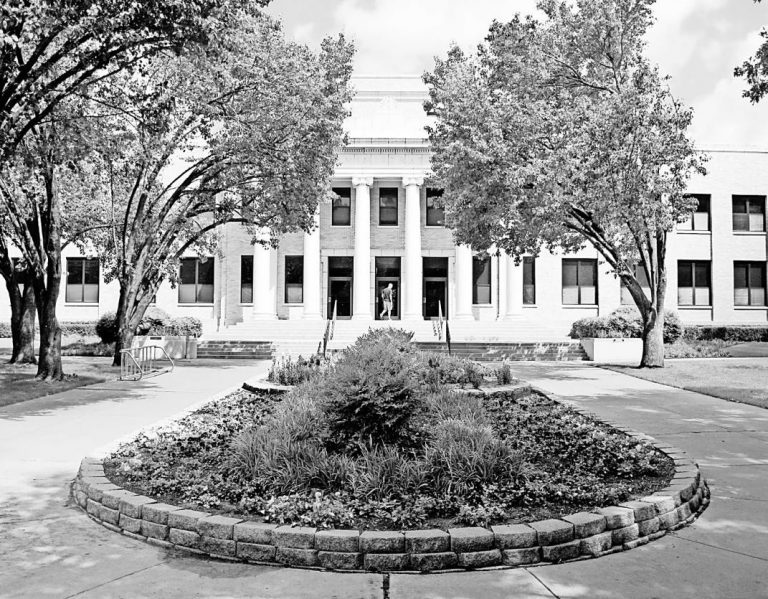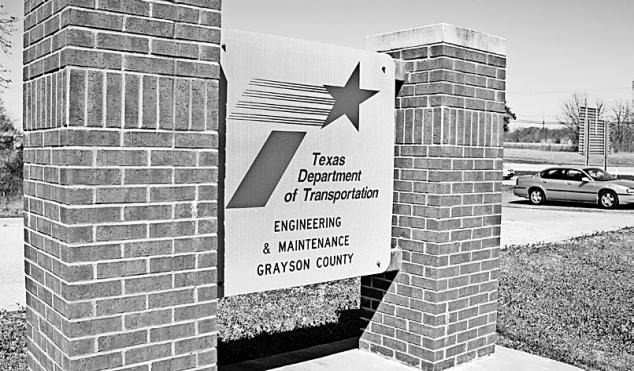In September 2001 I was a newly ordained pastor serving as an associate in a church near downtown Dallas. On the evening of 9/11 we hastily organized a prayer service. We all felt angry, confused, worried, vulnerable. We prayed for our country, its leaders, its people. We lifted up emergency workers in New York City, Washington, DC, and Pennsylvania. We thought of hundreds of Dallas folks who turned out to donate blood, seeking any way to offer help. A couple of days later, September 14, 2001, our church hosted a prayer service at noon. Obviously I was not in ministry in the days after Pearl Harbor, so I had no idea what to say or do. The Sanctuary was absolutely packed with people from the neighborhood on their lunch hour, many of whom without a church home. I remember walking to that pulpit with a profound feeling of inadequacy. I had no words to explain God’s will in this act of evil. I knew folk were struggling with existential questions of why God would allow such a thing, where was God, what had we done to deserve this. All I could think to offer were psalms of lament, the great tradition of laying out all our hurt and anguish before God in a desperate act of prayer and trust. So I read words from a psalm. And we offered reflective music. And I read more. And there was more music. And somehow it worked, as far as I know.
